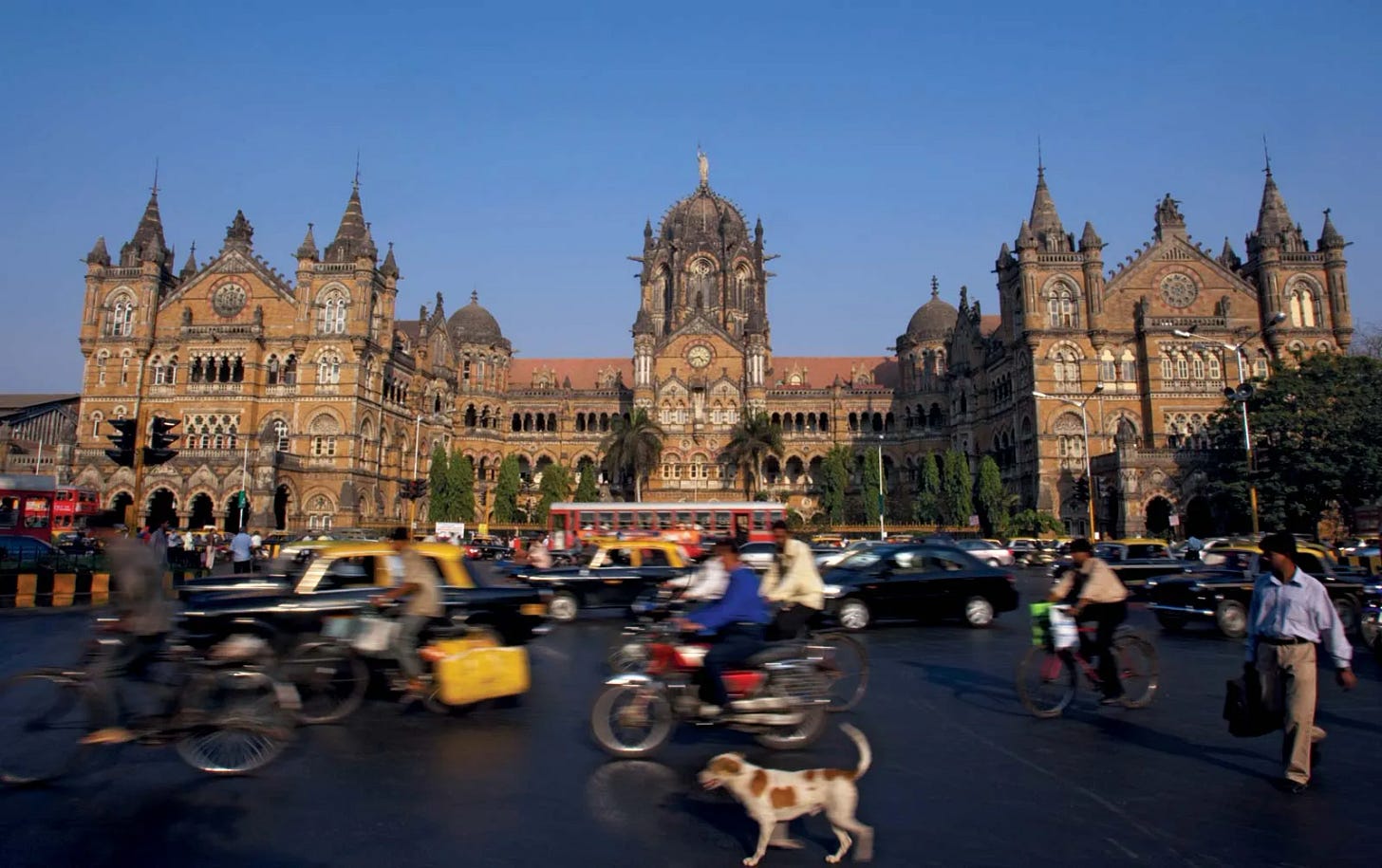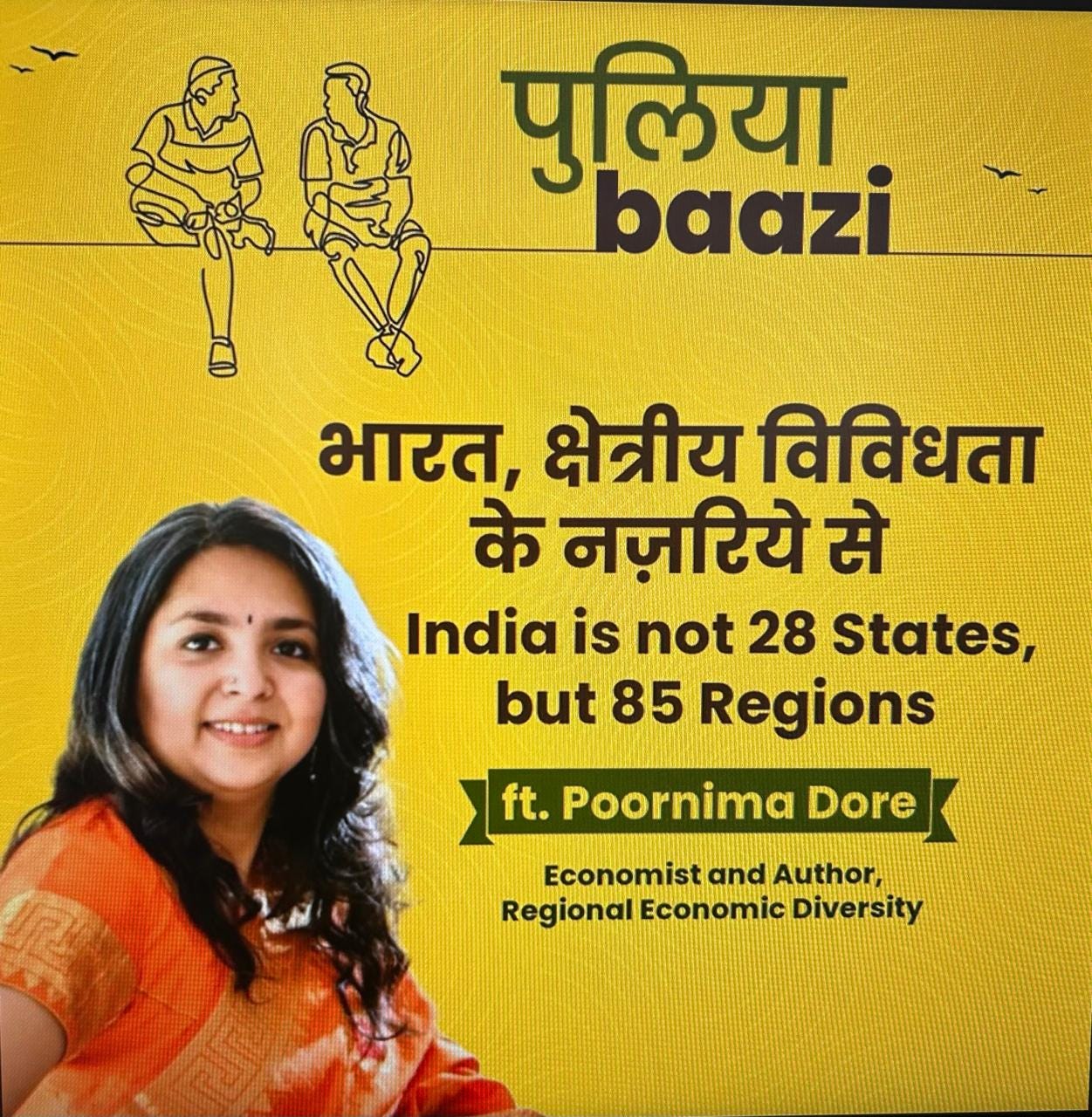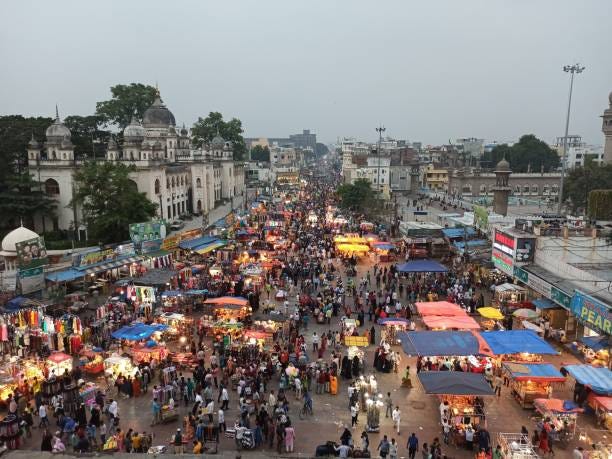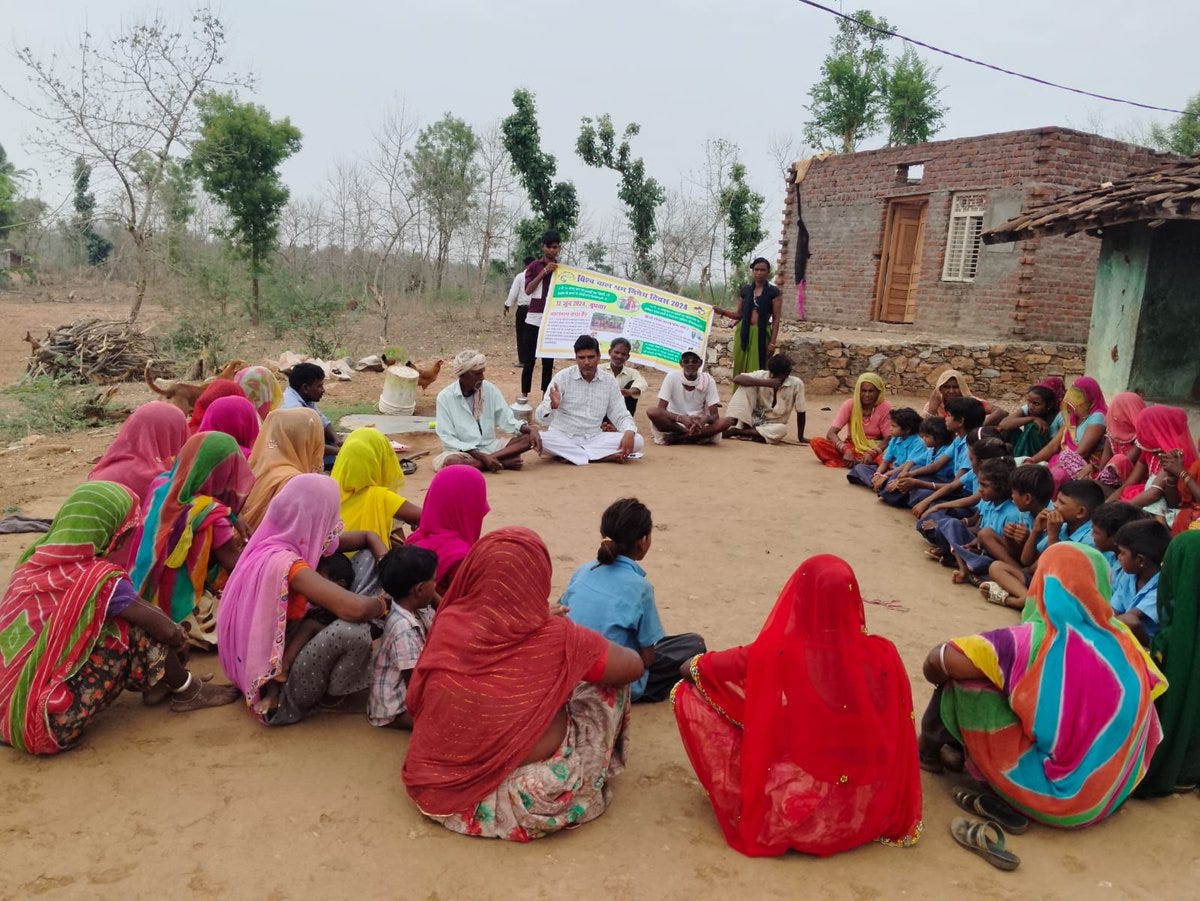What is an economy? Can I safely call it a sophisticated aggregation of how people behave? If yes, than the smallest unit of decentralization is at the level of an individual. When we study the people, we make patterns. And research tells us that those patters would be similar among the groups of people who would be living in the same geography.
'It is not from the benevolence of the butcher, the brewer, or the baker, that we expect our dinner, but from their regard to their own interest. We address ourselves, not to their humanity but to their self-love, and never talk to them of our own necessities but of their advantages. '
- Adam Smith
We economists have now largely accepted that societies work, grow, and evolve because of individual choices. The choices that we make for our own good, which by consequence benefit others. The economies work not by one or two decisions taken by the leaders sitting in the capital city, but by the thousands of people living their daily lives and making hundreds of choices.
Today, I was listening to “India is not 28 states, but 85 regions”- a Pulliyabaazi episode featuring Ms. Poornima Dore with tech entrepreneur Saurabh Chandra, public policy researcher Pranay Kotasthane, and writer-cartoonist Khyati Pathak.
One of her insights was so obvious yet so unseen that I couldn’t stop myself from writing about it. The point is simple. We are taking five different people from a district and thinking from their point of view. What are the choices in front of them, and how do those choices affect the region, and how the region affects the choices they make.
Person 1: The District Collector, DC uncle
Constitutionally, the collector is one of the most powerful people in the district. He manages the law and order of a district, he manages the allocation of funds in the district, he takes the spending decisions of the district.
DC uncle has the funds, and he has to prioritize the sectors where he thinks the funds are needed the most. He has to decide where the road must be built, nutrition requires urgent funds or education, he has to decide how can he safeguard the marginalized farmers from crop loss due to extreme heatwaves this summer. These choices would decide where the money would flow, and which sections of people and professions would get the help of public funds, and which would get the least.
Person 2: A businessman, Tata uncle
Imagine Tata uncle runs a small pipe factory near the remote town of Surajnagar. He is planning to grow his business but is confused among several choices. He is thinking that hiring some extra labor, and running the factory at night also can be a way for expansion. He can also buy a new advanced machine from Germany which will produce more pipes in lesser time. Or, yesterday his friend suggested that there is another pipe factory in nearby town which its owner want to sell, he can purchase that, and his production would increase.
Each of these choices could be a defining factor in the growth story of Surajnagar, because Tata uncle is the only big businessman in the town. If he starts the night shift, many new workers would get a job. This would have its effect in terms of better lives of the families who would get this job.
If Tata uncle buys a new machine, some existing employees might lose their job, but Tata uncle might get so much profit from increased production that the inflow of new money in the town would change its growth trajectory in some unimaginable ways.
Person 3: Chhotu- Our friend whom we meet at small restaurants.
Chhotu is an interesting person. We all have met him sometime or the other. You may remember a young enthusiastic kid in a Dhaba (a small midway restaurant) on your Mumbai-Pune road trip.
Chhotu cleans the table, wash the dishes, get us Rs. 500 change from the next shop, etc. He is a multi-tasker, might have come to the city at an early age, may be around 12-13 years?
He’s a risk taker, seems like he’s come from far off Rajasthan or Jharkhand or Bihar. He has big dreams. He couldn’t complete his education. He is working hard, doing something or the other, but managing to sustain himself and send some money back home too. He’s a kid with big dreams.
“I want to earn a lot of money and open a restaurant of my own”, “I want to return to village and help my father in fields” or “I want to reappear for that 10th grade exam I could not give”, “I want to become like a uncle who comes in a big car and give me clothes”. These are some of the answers you can get if you would care enough to ask him what he aspires to do. These are all the choices that Chhotu have, and there are some that he made. The choice that he could have stayed in Rajasthan, but chose to come to Pune. The choice to stay in Pune for 3 years or 4 years, etc.
Chhotu is a product of circumstances around him. He is in someway shaping his local economy, but more than that, his local economy has shaped him.
We have millions of ‘Chhotu’ in our country.
Person 4: Savitri Didi- an ordinary village lady
Savitri Didi is a woman in some distant village living an ordinary life. Her husband might be working in the nearby city. Savitri Didi spends her days in the field. She might not be called the bread winner in the census, but she is.
She has several friends in the village. One of them pushes her to participate in SHG with her- it would help her make some savings. Or to attend Gram sabha. Savitri Didi thinks that it is a waste of time going to that village meeting, what would she get, anyway.
But, what if…
What if she would go to the gram sabha and in the next panchayat meeting, the local body would allocate funds to those three-four concerns she had raised during the discussion.
Savitri Didi is not aware but she plays an important role in the regional economy.
In the end, an economy isn't just a collection of numbers and policies; it's a living, breathing entity shaped by the everyday decisions of individuals like Mr. District collector, Tata uncle, Chhotu bhai, and Savitri Didi. Their choices, driven by diverse aspirations and circumstances, weave together to form the fabric of our decentralized economy. Each decision, no matter how small, contributes to a ripple effect that shapes communities, regions, and ultimately, the nation. Recognizing this dynamic interplay allows us to appreciate the true essence of an economy—one that thrives not solely on centralized mandates, but on the power of individual actions, local contexts, and shared growth.





